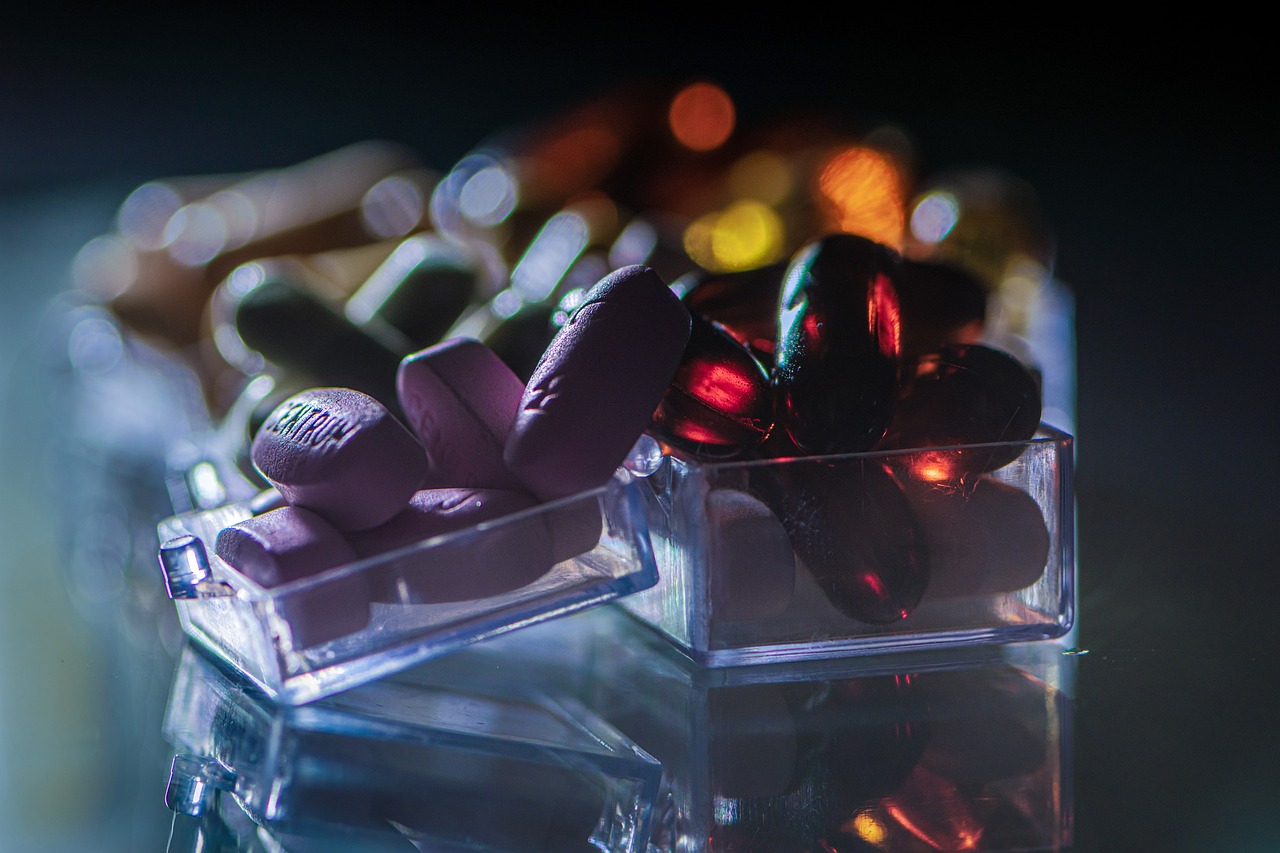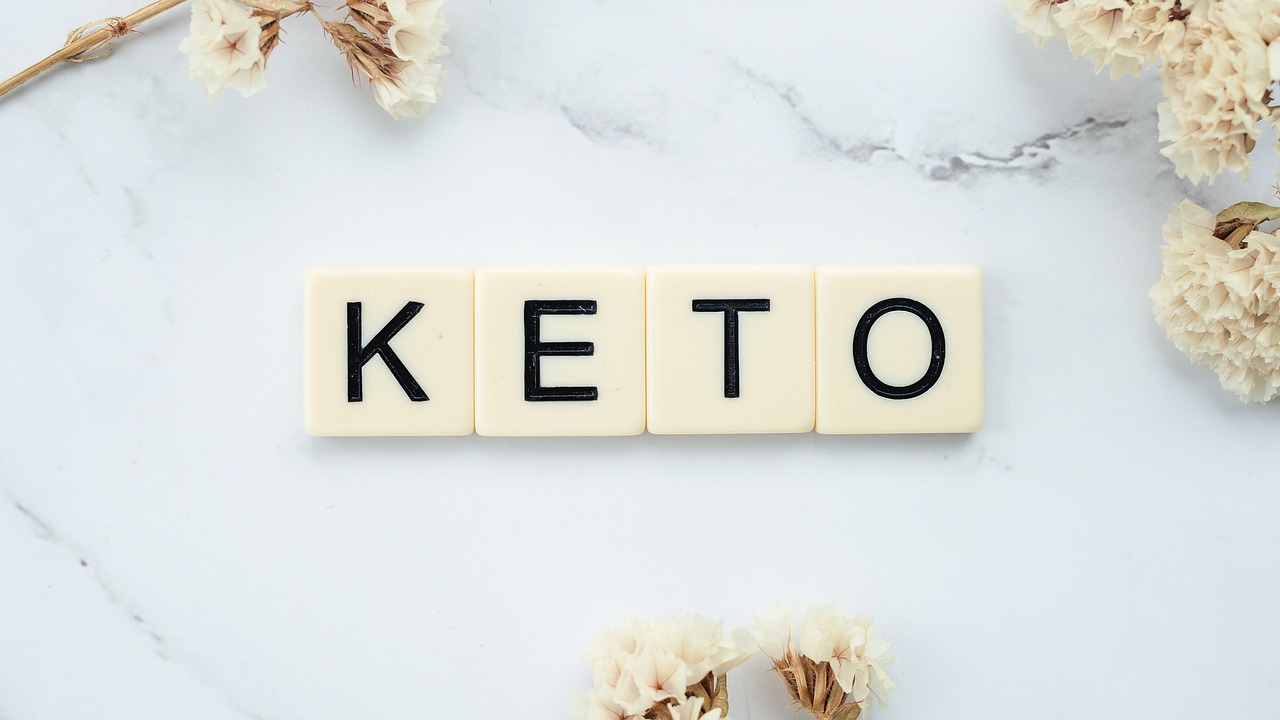Have you ever gazed into the bewildering matrix of vitamin bottles lining the shelves of your local pharmacy and thought, “Do I actually need to turn my body into a walking-talking periodic table?” Well, buckle up, Sunshine, because we’re about to dive into the rip-roaring world of Recommended Daily Intakes (RDIs) of vitamins and minerals — the numbers that govern the fine line between becoming a superhero or a human crystal.
Please remember that RDIs are not “one size fits all.” They change with age, gender, and whether you’re pregnant, breastfeeding, or merely surviving your daily dose of adulting. So, let’s serve up some steaming-hot facts with a sprinkle of sass and a dollop of humor, shall we?
Unveiling the Nutritional Avengers: Vitamins & Minerals
Before we charge headlong into the tumultuous tempest of Recommended Daily Intakes and before you start Googling whether pizza is a vitamin, let’s clarify what vitamins and minerals actually are. Think of them as the microscopic Avengers in the epic blockbuster that is your body’s daily grind. They don’t have capes (usually), but they’re just as important for saving your cellular world from the brink of chaos.
Vitamins: Your Body’s Organic Catalysts
Vitamins are organic compounds that your body needs in teeny-weeny amounts to perform at its peak, like premium oil in a race car. They’re essential for warding off the supervillains of disease and keeping your metabolism faster than a speeding bullet. Without them, your body would be as sluggish as a dial-up internet connection trying to stream a high-def video.
Each of the 13 essential vitamins has its own special powers. Some, like Vitamins A, D, E, and K, are fat-soluble, which means they hang out in your body’s fatty tissues like couch potatoes. Others, like the B-vitamins and Vitamin C, are water-soluble — they’re the free spirits that your body uses and loses faster than a teenager spends money.
Minerals: The Inorganic Heroes for a Balanced Inner Universe
Minerals, on the other hand, are inorganic elements sourced from soil and water, absorbed by plants or consumed by animals. Imagine them as the building blocks for your body’s skyscraper, playing roles from bone architects (hello, calcium!) to electricians (cheers, potassium!) managing the nerve impulse wiring.
They come in two forms: macro-minerals (like the aforementioned calcium and potassium, along with magnesium, phosphorus, and a few others) which are required in larger amounts, and trace minerals (iron, copper, zinc, etc.) which your body needs less of — not because they’re any less important, but because even superheroes can have too much of a good thing.
The Symphony of Health: Why Your Body Craves These Nutrient Notes
Now, why are these tiny titans of nutrition so darn important? Well, without vitamins, your body would be like a car without gas, a bird without wings, or a phone without charge — pretty much a beautiful but useless hunk of organic machinery. Vitamins and minerals are crucial for growth, disease prevention, and just about every physiological process you need to live, breathe, and binge-watch your favorite series.
For instance, without the B-vitamins aiding in energy production, you’d have the vitality of a sloth on tranquilizers. Skip out on Vitamin C, and your immune system becomes as robust as a sandcastle at high tide. Dodge Vitamin D, and your bones could turn as brittle as a stale breadstick in a vice grip.
And minerals? Without them, the balance is lost. You need iron for the red blood cells to deliver oxygen’s VIP pass around the body, zinc to keep your immune system’s soldiers at the ready, and magnesium to ensure your nerves and muscles communicate like a well-oiled gossip network.
In short, without these nutritional dynamos, the body’s symphony of health would quickly become a cacophony of woes. Now, isn’t that a reason to make sure your plate resembles a rainbow rather than a monochromatic canvas?
Armed with this newfound respect for the micro-but-mighty nutrients, let’s surge ahead and discover how much of these nutritional Avengers your body requires to keep your internal universe from descending into mayhem and despair.
Vitamins: The Alphabet Soup of Adulting
Starting with the ABCs of vitamins, let’s tackle Vitamin A – essential for turning you into a creature that can see in the dark, or at least see the end of this article. Adults, you’ll need about 700-900 micrograms of this gem daily, lest you start mistaking your black cat for a shadow. And please, do take it easy on the liver pâté; too much Vitamin A, and you might just glow in the dark.
B vitamins are like the ensemble cast of a sitcom; they’re a family with a lot of personalities. You’ve got B1, B2, all the way to B12, each as necessary as the last season of your favorite show. They keep your energy levels high enough to actually pretend to like people. Men, aim for about 1.2 mg of B1 and B2, whereas women need a bit less, about 1.1 mg — probably because we’re already electric personalities.
Vitamin C is like that friend who’s always a little too much. The RDI says you need 75-90 mg, but that friend insists on 1000 mg and wonders why they can’t sleep at night. Remember, your body can only handle so much; excess C just turns into the most expensive pee you’ll ever produce.
And Vitamin D? Well, if you’re not a fan of sunlight because you’re a vampire or simply because you prefer the glow of your computer screen, you should know that about 15 micrograms of the “sunshine vitamin” a day won’t turn you to ash — it’ll keep your bones from becoming as brittle as your last nerve.
And what about the elusive Vitamin E, the guardian of your cell membranes? The RDI for adults is about 15 mg, which is precisely enough to keep you from oxidizing like a rusty nail. Not that I’m suggesting you’d turn orange and crumbly without it, but better safe than a science experiment gone wrong.
Minerals: You’re a Gem, But You’re Not Immortal
Calcium isn’t just for building the skeletons inside the closet; adults need 1000 mg to prevent their bones from snapping like dry spaghetti. Don’t like milk? Too bad, because “Big Dairy” apparently has a monopoly on the mineral — just kidding, leafy greens have your back (and bones).
Iron — no, not the thing you use to de-wrinkle shirts — should be consumed at about 8 mg for men and 18 mg for women (because every month, women reenact a scene from a horror movie and need to refuel). It’s the star of the blood show, keeping your oxygen hitchhiking throughout your body.
Magnesium is the cool mineral that no one talks about. It’s like the bass player in a band — overlooked but essential. With an RDI of 400-420 mg for men and 310-320 mg for women, it keeps your heart beating and muscles moving, instead of you turning into a human statue.
Potassium, not to be confused with the stuff that blows up in water (that’s the other K, kiddos), is essential for not dying (shocker!). At 2600-3400 mg per day, it’s like the app that keeps your cells from crashing because they’re too busy buffering.
Now, before you start planning your new diet as a part-time rabbit and full-time sun worshipper, let’s remember that RDIs are as general as the advice “just be yourself” on a first date. Your personal mileage may vary, and it’s always a good idea to chat with an actual healthcare provider rather than taking nutritional wisdom from a sarcastic sage who thinks laughter is the best medicine (after vitamins, apparently).
How RDIs are Pulled Out of a (Scientific) Hat
The Recommended Daily Intakes are not, contrary to popular belief, decided by a council of old men in white coats playing “Nutritional Bingo.” These numbers are the result of countless studies, some done on people who probably had more needles stuck in them than a pin cushion. These brave souls have contributed to science so you can know exactly how much niacin will keep you from breaking out in hives.
For instance, those B vitamins we chatted about earlier? The RDI for those bad boys and girls are calculated to ensure your energy production is more efficient than a room full of Tesla batteries. Without enough B12, for example, you might find yourself forgetting your own name or why you walked into a room, which honestly, happens to the best of us after a certain age anyway.
The Perils of Ignoring RDIs: A Not-So-Cautionary Tale
Now, ignoring your RDIs can be as risky as texting your ex after two glasses of wine. Without enough Vitamin C, you might end up with scurvy, which went out of style along with pirate ships. Too little Vitamin D and your bones could become so fragile that you’d have to bubble-wrap yourself every time you sneeze.
Then there’s iron. Ignore that, and you might find yourself so tired that the mere thought of getting up from the couch feels like a workout. And calcium? Without it, you could potentially crumble like a cookie in milk, and not in a delicious way.
Real Talk: The Actual Usefulness of RDIs
Let’s get real for a second, though. RDIs are a baseline, a starting point, a “one-size-fits-most” deal. They’re about as personalized as a birthday card from your bank. You know, the one that says, “Happy Birthday [Insert Name Here]!”
Everyone’s different. Maybe you’re an athlete with a metabolism that could power a small city, or maybe you’re a couch enthusiast who considers lifting the remote a workout. Your lifestyle, health conditions, and whether or not you’re expecting a tiny human to pop out of you in the near future all affect your vitamin and mineral needs.
It’s like a “Choose Your Own Adventure” book, but instead of finding treasure, you’re trying to avoid getting a cramp from hell because you’ve neglected your magnesium intake.
Conclusion
In summary, think of RDIs as your nutritional wingman — they’ve got your back, but they’re not infallible. They can tell you not to jump off the nutritional deep end, but they can’t stop you from eating that fourth slice of pizza.
So, take these RDIs with a grain of salt (but not too much, I haven’t even gotten into sodium guidelines), and remember that while the numbers are important, they’re not the be-all and end-all. After all, you’re a unique snowflake — with unique nutritional needs.
And with that, I wrap up our sardonic stroll through vitamin and mineral land. Remember, your body is not just a temple; it’s a biochemical powerhouse that thrives on a smorgasbord of nutrients. So feed it well, laugh often, and maybe — just maybe — take your vitamins. Because, like the umbrella in your car, it’s better to have them and not need them than to need them and not have them.
Pro Tips: Navigating the Nutritional Nebula Like a Pro
1. Talk to a Real-Life Yoda
Before you start popping supplements like they’re candy, remember: your body is not a Pez dispenser. Consult with a healthcare provider or a dietitian — the real-life equivalent of Yoda in the nutritional universe — to tailor your intake according to your personal health saga.
2. Food First, Supplements Second
Consider supplements the sidekicks, not the superheroes. Prioritize getting your vitamins and minerals from food, because nature is the OG of nutrient packaging, combining them with other beneficial compounds in a bioavailable blockbuster.
3. Read Your Body’s Autobiography
Listen to your body; it’s the author of its own autobiography and will give you hints when something is off. Fatigue, mood swings, and even cravings can be Morse code for nutrient deficiencies.
4. Cook Like a Chemist
Heat, light, and air can be the archenemies of vitamins. Store and prepare foods in ways that preserve their nutrient content. For instance, steam veggies instead of boiling them to combat Vitamin C’s Kryptonite: water.
5. Diversity is the Spice of Life — and Nutrition
Rotate your foods like you shuffle your favorite playlist. Different foods bring different nutrients to the table, so mix it up. This week, kiwi fruit; next week, who knows? Starfruit, perhaps?
6. Harness the Power of Combos
Iron and Vitamin C are like Batman and Robin; they work better together, with Vitamin C boosting iron absorption. Pair foods wisely to maximize your nutrient uptake, like a fine wine paired with the perfect cheese.
7. Timing is Everything
Some vitamins and minerals can throw a party in your stomach, while others are the wallflowers. Calcium and iron, for instance, might not dance well together, so space them out.
8. Supplement Smarts
If you’re venturing into supplement territory, tread lightly. Fat-soluble vitamins (A, D, E, K) can build up in your system and go from friend to foe if you’re overly generous with them.
9. Don’t Outsource Your Micronutrient Work
No app or tech gadget can truly understand the nuances of your body’s nutrient needs. Use them for guidance, but remember that the human body is the most sophisticated tech around.
10. Embrace Your Inner Scientist
Treat your body like a laboratory; experiment with foods and notice how they affect you. Keep a food diary to trace the plot lines of your nutritional story.
11. Fiber: The Unsung Hero
Fiber might not be a vitamin or mineral, but it deserves a shoutout. It’s the wingman that helps keep your digestive tract as clean as a whistle so that you can absorb nutrients like a champ.
12. Hydration Station
Water may not be a nutrient, but it’s the medium through which all nutrients travel in your body. Stay hydrated like your health depends on it — because it does.
13. Joyful Eating
Lastly, remember that eating should be a joy, not a math problem. Don’t get so caught up in counting and measuring that you forget to savor the flavors. After all, the best nutrient is a dose of happiness at every meal.
Frequently Asked Queries (FAQs): The Nutrition Edition
As tempting as it is to swap out broccoli for broccoli-shaped gummies, your body won’t be fooled. Gummy vitamins are to vegetables what a pet rock is to a dog: not the same thing, and it doesn’t do any tricks.
If you think of food as the cast of a Broadway show, supplements are the understudies. They’re great in a pinch, but there’s nothing like the real stars performing in full force. Plus, food offers a complex matrix of nutrients, fiber, and other beneficial compounds that supplements can’t replicate.
Unless you’re a walking lab test, it can be tricky. However, if you’re eating a varied diet full of colorful plants, lean proteins, whole grains, and healthy fats, you’re likely on the right track. If you’re turning the color of your neon-orange energy drink, you might want to reassess.
Absolutely. Just like watching too much reality TV, there is such a thing as too much of a “good” thing. Fat-soluble vitamins can accumulate in your body and cause issues, while overdoing others can lead to all sorts of drama, like a bad soap opera but less entertaining.
Sunlight is like the VIP pass that lets Vitamin D into the club that is your body. Without sunlight, Vitamin D is like a sad partygoer stuck outside in the rain. So yes, catch those rays (with proper sunscreen, of course).
They can be a good insurance policy, but they’re the bare minimum. It’s like having a parachute when skydiving; it’s crucial, but you also need a plane, goggles, and maybe a little courage.
Not necessarily. If you’re the unicorn that hits all your nutritional marks with food, supplements might just be an unnecessary encore after a fantastic show. But, life isn’t perfect, and sometimes supplements can fill in the gaps.
Blending doesn’t typically reduce vitamins, but it does break down fiber and can make your blood sugar respond more like it’s on a rollercoaster. However, if a smoothie is the express train to Veggie Town for you, then by all means, all aboard!
Organic foods have the same vitamin and mineral content as their non-organic twins. The difference lies in pesticide use and farming practices. So, choosing organic is a personal and environmental health choice rather than a straight-up nutritional one.
There’s no guarantee, unless you’ve found the elixir of life hiding in your multivitamin. Supplements can support a healthy diet, but they’re not a fountain of youth. The key to longevity is a balanced diet, regular exercise, and a sprinkling of good genes.



